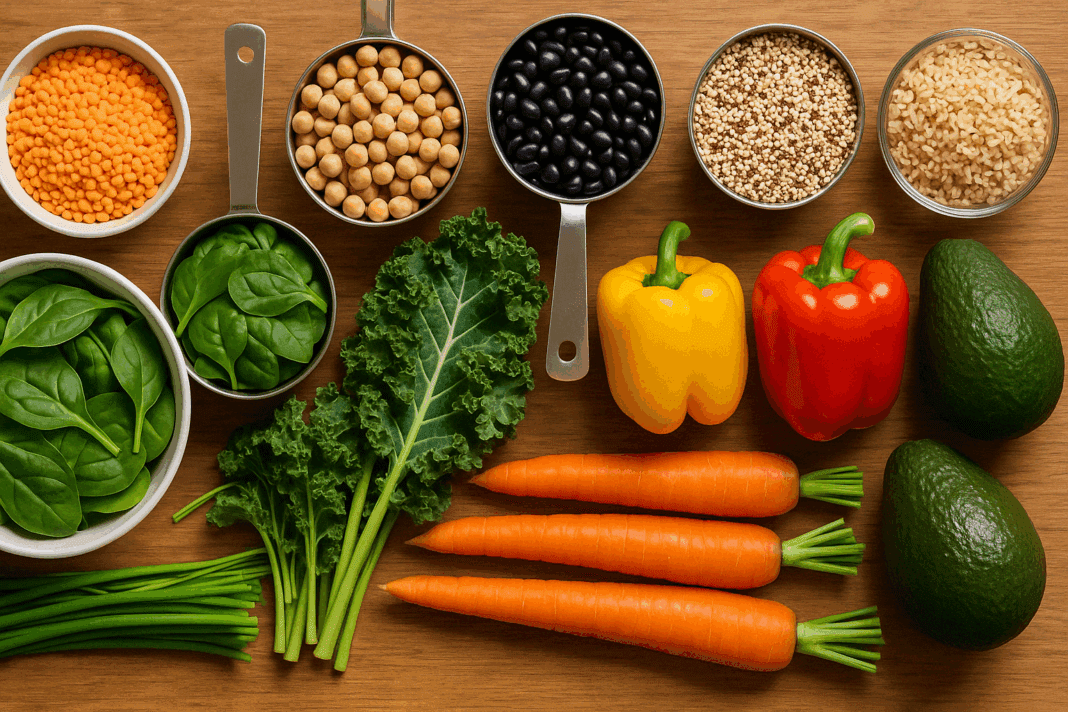Adopting a healthier lifestyle often starts in the kitchen, and for many people, that journey begins with what ends up in their lunchbox or dinner plate. Easy vegetarian meal prep offers an accessible, nourishing, and sustainable path to well-being. It combines convenience with conscious eating, giving individuals control over ingredients, portions, and flavors. When approached strategically, vegetarian food prep can be both simple and deeply satisfying, regardless of budget, culinary skill, or time constraints. As we delve into this comprehensive exploration of vegetarian meal prep, you’ll discover a wealth of practical insights, budget-friendly recipes, and expert-backed strategies that elevate your daily meals and support long-term health.
You may also like: What Do Body Builders Eat? Expert Tips on Smart Meals for Strength, Lean Mass, and a Healthier Lifestyle
One of the most appealing aspects of easy vegetarian meal prep is how seamlessly it supports a healthier lifestyle. Preparing meals in advance reduces last-minute decision fatigue, limits impulsive unhealthy food choices, and ensures that your diet remains rich in nutrients rather than processed shortcuts. For individuals looking to improve their metabolic health, stabilize energy levels, or even manage their weight, adopting structured vegetarian meal prep routines can be transformative. Not only does it help with portion control and balanced macronutrient intake, but it also reinforces mindful eating—a practice increasingly linked to long-term dietary adherence and improved wellness outcomes.
Central to the success of healthy vegetarian meal prep is the integration of nutrient-dense plant-based foods. Legumes like lentils, chickpeas, and black beans offer excellent sources of protein and fiber, while whole grains such as quinoa, brown rice, and bulgur provide sustained energy. Colorful vegetables—especially leafy greens, cruciferous veggies, and starchy roots—bring a variety of vitamins, minerals, and antioxidants to every bite. Healthy fats from nuts, seeds, avocados, and olives round out meals, adding flavor and promoting satiety. When carefully combined, these ingredients create easy vegetarian meal prep recipes that are both filling and flavorful.
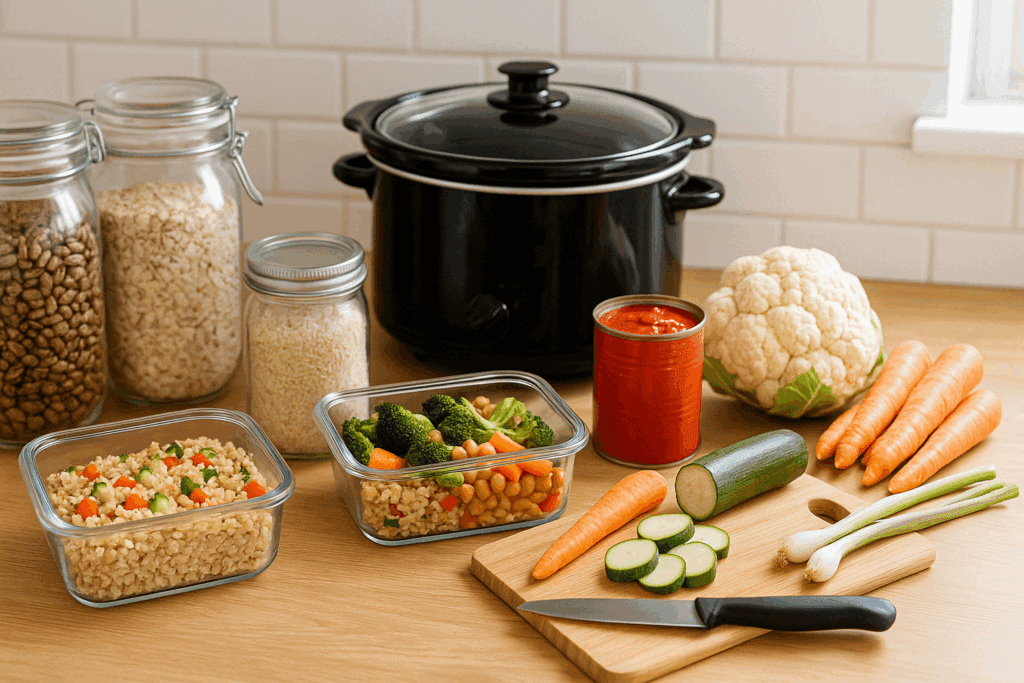
For those exploring vegetarian meal prep for weight loss, the structure of meal prep becomes particularly valuable. Having ready-to-go meals reduces the likelihood of overindulging or eating out, both of which often lead to increased calorie intake and less control over ingredients. Moreover, vegetable-rich meals tend to be lower in energy density, meaning you can eat satisfying portions while consuming fewer calories. The key is to ensure meals include adequate protein and fiber, which help regulate hunger hormones and support muscle preservation—especially important when weight loss is a goal.
If your motivation lies in sustainability, ethical considerations, or reducing environmental impact, then meatless meal prep aligns beautifully with those values. Plant-based diets have been shown to require significantly fewer natural resources than diets high in animal products, making vegetarian lunch meal prep not just a personal health decision but also a planetary one. Whether you’re transitioning to a more plant-centered lifestyle or are a long-time vegetarian looking for fresh inspiration, having reliable, adaptable vegetarian meal prep ideas can prevent mealtime monotony and foster ongoing engagement with your health goals.
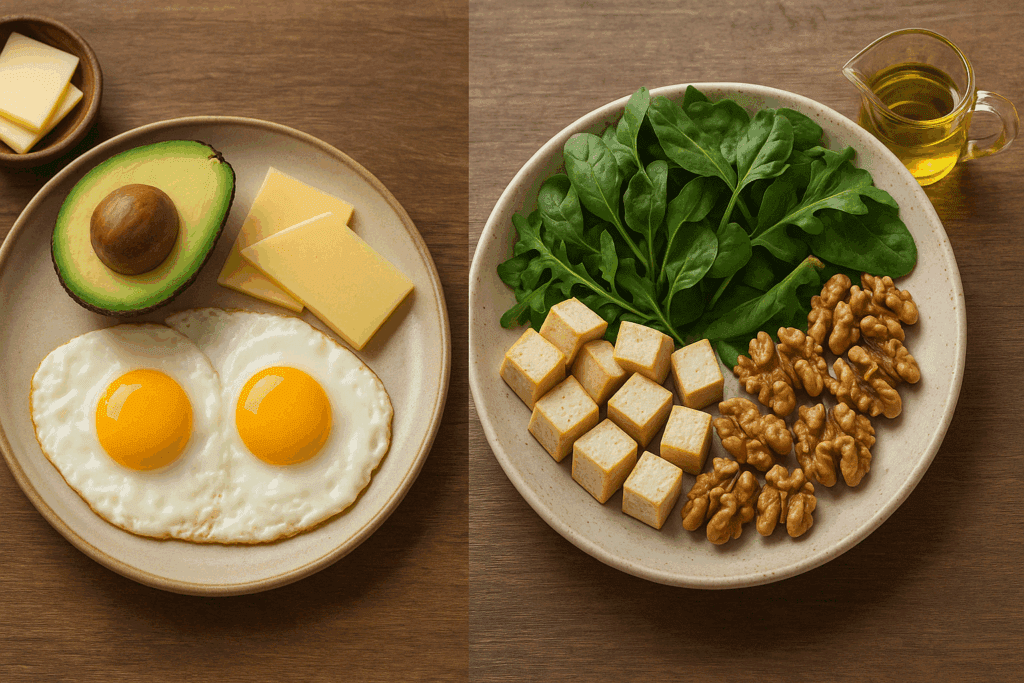
There’s a common misconception that vegetarian food prep is time-consuming or overly expensive. However, with the right approach, it can be just the opposite. Cheap vegetarian meal prep doesn’t mean sacrificing quality—it means maximizing the value of affordable staples. Dry beans, bulk grains, in-season produce, and versatile condiments like tahini, soy sauce, and vinegars can create countless combinations. By cooking in batches and reusing components across meals (for example, roasted vegetables one day becoming part of a grain bowl the next), you save both time and money while reducing food waste.
As conversations around diet continue to evolve, so does the ongoing comparison of the ketogenic diet vs low carb eating styles. While not inherently vegetarian, the low carb diet keto diet landscape is now more inclusive of plant-based options. And yet, understanding the nuances is critical. Is keto a low carb diet? Technically, yes—but not all low carb diets are ketogenic. Is keto no carbs? No. Even strict keto diets allow small amounts of non-starchy vegetables and nuts. The distinction lies in the degree of carbohydrate restriction and the metabolic state of ketosis, which isn’t necessary—or always sustainable—for every individual.
In the broader context of vegetarian health, it’s worth examining whether keto diet vs low carb diet strategies are compatible with plant-forward lifestyles. While a strict ketogenic approach often emphasizes animal fats and minimal carbs, a balanced low carb vegetarian diet can still support weight loss, blood sugar regulation, and overall metabolic health. By focusing on fiber-rich vegetables, plant-based proteins, and healthy fats, vegetarians can tap into the benefits of reduced carb intake without compromising nutritional diversity or satiety. The key is to understand the flexibility inherent in low carb diets versus the rigidity of keto, especially when plant-based ingredients are the foundation.
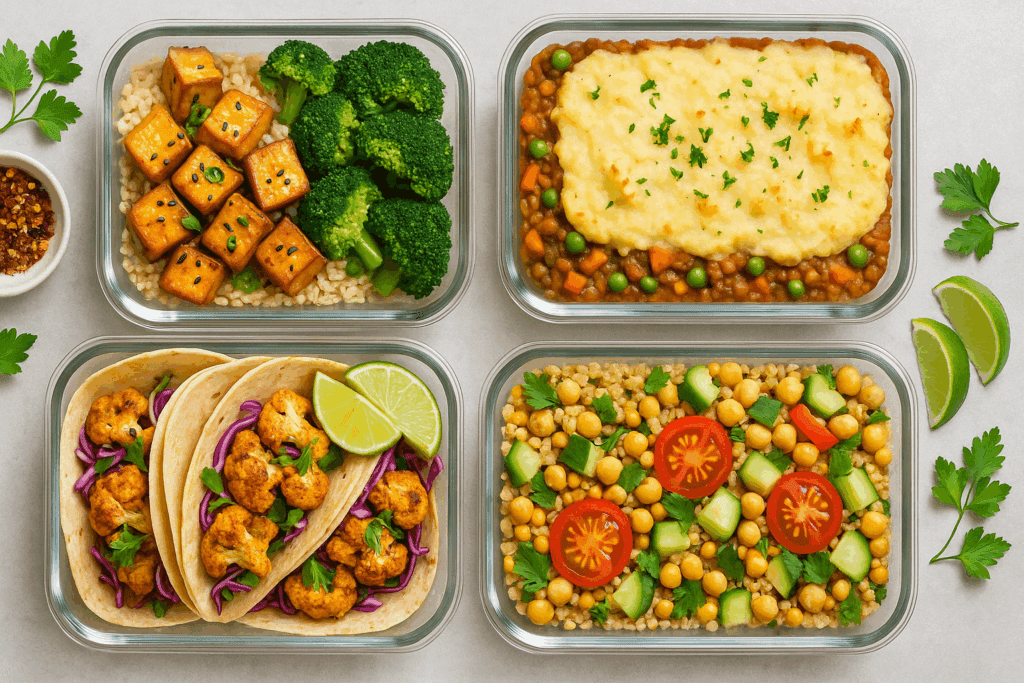
One reason many individuals find vegetarian meal prep so sustainable is its adaptability to various health goals. Whether you’re seeking vegetarian meal prep for weight loss, improved digestion, or greater energy levels, the customizable nature of plant-based recipes means you can tailor meals to meet evolving needs. For instance, those focused on blood sugar management may favor lower-carb vegetables, legumes, and nuts, while individuals aiming for endurance performance might prioritize complex carbohydrates like sweet potatoes and whole grains.
As interest in meatless meal prep ideas continues to grow, the demand for creative, flavor-packed recipes also rises. Think beyond the typical salad or sandwich. Vegetarian meal prep recipes can include roasted cauliflower tacos with chipotle yogurt sauce, miso-glazed tofu bowls with brown rice and bok choy, or hearty lentil shepherd’s pie. These meals offer rich textures, diverse global flavors, and the kind of culinary satisfaction that keeps you committed to a meatless routine. Importantly, they can be prepped in bulk and enjoyed throughout the week, aligning with even the busiest schedules.
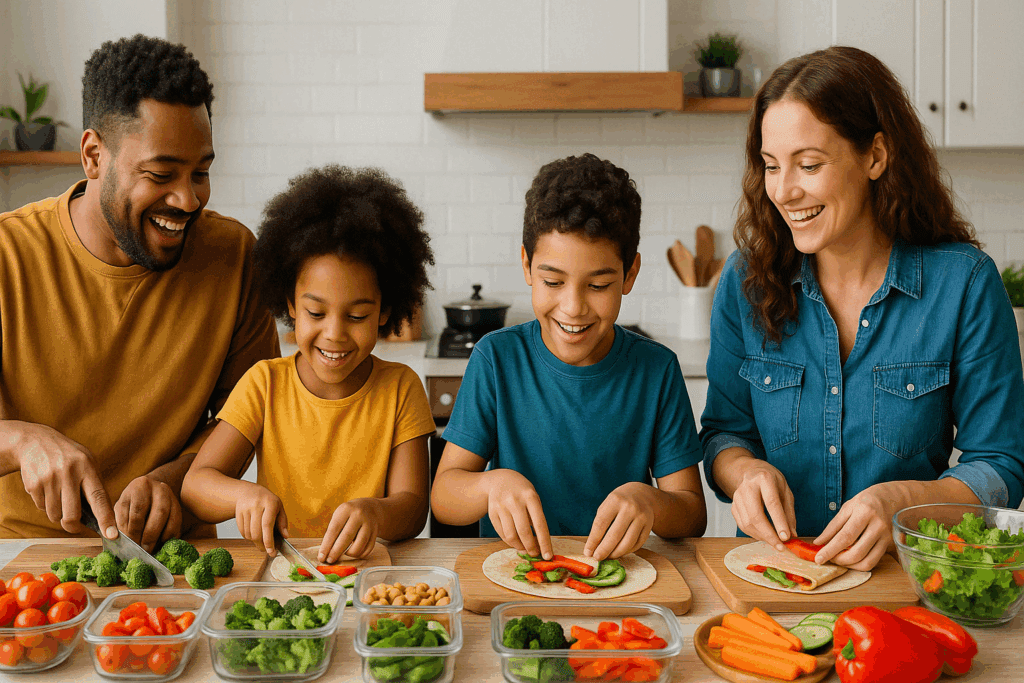
Consistency is essential to success, and that’s where the best vegetarian meal prep systems shine. Setting aside a dedicated meal prep day—usually Sunday or Monday—creates rhythm and routine. Invest in quality storage containers, prep staple ingredients in advance, and keep a running list of your favorite vegetarian meal prep ideas to rotate throughout the month. Incorporating variety through seasonal produce, international flavor profiles, and rotating protein sources helps avoid burnout while ensuring comprehensive nutrition.
Easy meal prep for vegetarians is also a family-friendly strategy. Children and adults alike benefit from exposure to a diversity of whole plant foods, which supports gut health, palate expansion, and long-term eating habits. Plus, meal prepping encourages mindful grocery shopping, reduces reliance on processed snacks, and promotes cooking skills that children can carry into adulthood. For families managing dietary preferences or allergies, vegetarian food prep provides a flexible framework that can accommodate multiple needs without the stress of nightly decision-making.
As you build your vegetarian food prep toolkit, consider investing in pantry staples that offer both nutrition and versatility. Canned tomatoes, beans, and coconut milk form the base for soups, stews, and curries. Whole grains like bulgur, millet, and barley can be batch-cooked and frozen in portions. Spices—especially cumin, turmeric, smoked paprika, and garam masala—transform simple ingredients into globally inspired dishes. Having these on hand makes it easier to turn leftover vegetables or cooked lentils into a nourishing meal without starting from scratch each time.
Some individuals approach vegetarian meal prep with a specific health concern in mind—be it managing cholesterol, improving digestion, or reducing inflammation. In these cases, ingredient quality becomes especially critical. Prioritizing anti-inflammatory ingredients such as berries, dark leafy greens, flaxseeds, and walnuts, along with fermented foods like kimchi and tempeh, can help support targeted health outcomes. And for those seeking weight management support, vegetable meal prep ideas that emphasize portion control, low glycemic impact, and minimal added sugars can make a meaningful difference.
From a nutritional science perspective, the synergy of whole plant foods offers protective benefits that isolated supplements often cannot replicate. In this sense, vegetarian lunch meal prep becomes a form of daily preventive medicine. The fiber, phytonutrients, and antioxidants found in these foods work in concert to promote cardiovascular health, stabilize blood glucose, and support a diverse gut microbiome. The consistency and quality of your meals matter—what you eat most often will shape your health trajectory more than occasional splurges or superfoods.
While vegetarian meal prep offers undeniable benefits, one common challenge is maintaining motivation and avoiding culinary fatigue. This is where community, creativity, and planning come into play. Consider joining a vegetarian recipe exchange group or following meal prep challenges on social media. Experiment with new ingredients or cuisines—perhaps Ethiopian injera with lentil stew or Thai green curry with tofu and eggplant. Engaging your senses and curiosity keeps your food journey enjoyable and sustainable.
Revisiting the broader dietary landscape, it’s essential to understand how vegetarian meal prep fits into the conversation around low carb diet keto diet options. Many people wonder: is keto a good diet for long-term health? The answer is nuanced. While some may benefit from short-term ketogenic interventions—especially for neurological conditions or insulin resistance—the diet can be difficult to maintain and may lack sufficient fiber and phytonutrients over time. When comparing the ketogenic diet vs low carb alternatives, the sustainability, diversity, and nutrient density of the latter often make it a more practical choice for most individuals.
In contrast, plant-based low carb strategies offer a balanced middle ground. Incorporating high-fiber vegetables, moderate amounts of legumes, and healthy fats allows individuals to experience improved energy, satiety, and metabolic flexibility without the extremes of keto. Moreover, a plant-forward low carb approach aligns more naturally with mindful eating practices and environmental responsibility. When evaluating keto diet vs low carb diet pathways, the focus should always return to long-term sustainability, nutrient adequacy, and alignment with personal values and preferences.
Ultimately, meal prep for vegetarians is more than just a time-saving strategy—it’s a lifestyle choice rooted in intention, nourishment, and self-care. It empowers individuals to take ownership of their health without relying on processed foods or restrictive diets. It cultivates confidence in the kitchen and a deeper connection to food. And in an era where so many external pressures influence eating behavior, structured vegetarian meal prep offers a grounded, empowering alternative.
When we ask ourselves if a certain diet or trend is sustainable, the answer often lies not in absolutes but in flexibility and adaptability. Is a keto diet sustainable for everyone? Likely not. Is keto a good diet for long-term health? For some, it may be useful in specific contexts, but for most, a plant-centered approach with thoughtful meal prep is more manageable and enjoyable. The conversation doesn’t need to be polarized. Instead, it should invite curiosity, experimentation, and a willingness to find what nourishes the individual best.
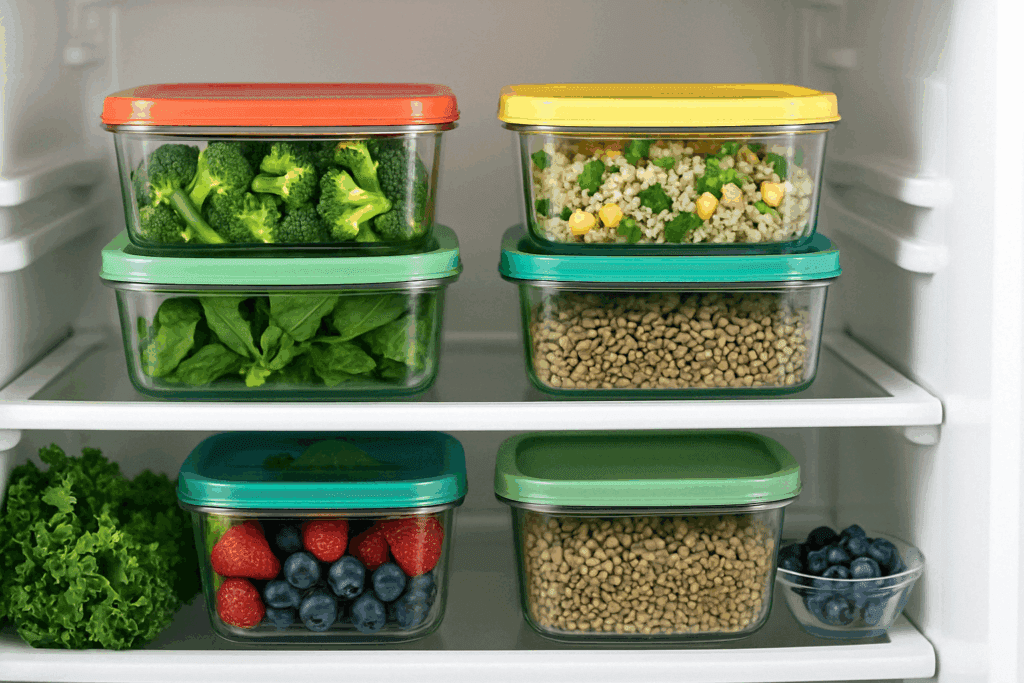
Frequently Asked Questions: Easy Vegetarian Meal Prep for a Healthier Lifestyle
1. How can I make vegetarian meal prep weight loss-friendly without feeling deprived?
Many people assume that eating fewer calories must mean eating less food, but with smartvegetarian meal prep weight loss strategies, the opposite can be true. Focusing on high-fiber foods such as lentils, barley, and roasted vegetables allows you to increase the volume of your meals while lowering calorie density. Incorporating plant-based proteins like tofu or tempeh adds satiety without the saturated fats found in animal products. You can also use veggie meal prep tactics that include vibrant spice blends and tangy dressings to amplify flavor, making your meals more enjoyable and sustainable over time. This way, weight loss becomes a natural side effect of choosing nutrient-dense, satisfying food—not a restrictive chore.
2. What are some overlooked pantry staples that boost vegetarian food prep efficiency?
While fresh produce gets most of the spotlight in vegetarian food prep, pantry staples candramatically streamline the process and reduce food waste. Nutritional yeast, for example, adds a cheesy flavor to sauces and soups without dairy, while shelf-stable grains like farro and bulgur cook quickly and store well. Canned beans and jars of roasted red peppers are incredibly versatile and can turn a bland dish into a vibrant one with minimal effort. Incorporating these into easy vegetarian meal prep routines means fewer trips to the grocery store and more time-saving flexibility during busy weeks. They’re also key components in some of the best vegetarian meal prep recipes for those who need fast, flavorful options.
3. How can I prevent boredom when following vegetarian meal prep ideas for multiple weeks?
Rotating textures and cooking techniques can breathe new life into repeated ingredients. Forinstance, chickpeas can be roasted until crispy for salads one week, blended into hummus the next, and sautéed with curry spices in a stew the week after. A variety of vegetable meal prep ideas that include raw slaws, grilled veggies, and steamed greens can ensure your meals never feel repetitive. Try framing your weekly plans around a theme—such as Mediterranean one week and Southeast Asian the next—to vary your flavor profiles without overhauling your shopping list. This not only keeps your taste buds engaged but also supports long-term adherence to healthy vegetarian meal prep.
4. Are there specific strategies for cheap vegetarian meal prep without sacrificing quality?
Absolutely. One effective approach is to buy seasonal vegetables in bulk and freeze pre-portionedservings to use throughout the month. Opting for dried lentils and beans over canned versions can cut costs dramatically while yielding more servings per dollar. Cheap vegetarian meal prep doesn’t mean bland food—it means smart shopping, bulk preparation, and creative use of sauces and seasonings to elevate simple ingredients. Learning a few base vegetarian meal prep recipes—like lentil stew or veggie stir-fry—allows you to switch out ingredients based on store discounts without compromising on nutrition or taste. Over time, these habits can lead to significant savings while keeping your meals nutrient-dense.
5. What are the best practices for incorporating vegetarian lunch meal prep into a busy work schedule?
The key is to build a rotation of grab-and-go meals that don’t require reheating or refrigeration untillunch. Think whole grain wraps stuffed with roasted vegetables and hummus, or quinoa salads packed with beans and raw greens. Investing in insulated lunch containers can expand your options for hot or cold vegetarian lunch meal prep without relying on office kitchen access. You can also double dinner portions to pack leftovers for lunch, cutting down morning prep time. This method not only ensures you’re eating well at work but helps prevent the midday crash that comes from overly processed convenience foods.
6. How can I make meatless meal prep appealing to non-vegetarians in my household?
One effective strategy is to highlight familiar flavors and textures in a new context. For instance,using umami-rich ingredients like mushrooms, tamari, or smoked paprika can give meatless meal prep dishes a satisfying depth that mimics meat. Preparing hearty mains—like vegetarian chili, black bean burgers, or stir-fried tofu—helps make meals feel substantial rather than side-dish focused. You can also involve family members in selecting weekly vegetarian meal prep ideas, which increases buy-in and reduces resistance. Presenting the meals not as a compromise but as an exciting variation fosters a positive, open-minded approach.
7. What tools or equipment make vegetarian food prep faster and easier?
A good-quality chef’s knife and cutting board are foundational for any meal prep for vegetarians, aschopping is a central task. Beyond that, a food processor can dramatically cut down time spent shredding, slicing, and blending, making it easier to prepare vegetable meal prep ideas like soups or dips. An Instant Pot or pressure cooker is another game-changer for cooking beans, grains, and stews quickly. Silicone freezer trays are helpful for portioning out sauces and dressings to enhance veggie meal prep versatility throughout the week. When tools reduce friction in the cooking process, sticking to your plan becomes more seamless and enjoyable.
8. How can I use vegetarian meal prep recipes to support fitness or muscle gain?
The misconception that vegetarian diets lack protein can be addressed with targeted vegetarian mealprep recipes that emphasize legumes, quinoa, seitan, edamame, and plant-based protein powders. Strategic use of these ingredients in pre-portioned meals—especially post-workout—supports muscle recovery and lean body mass retention. You can also time carbohydrate intake by pairing higher-carb veggie meal prep dishes, like sweet potato bowls, with your workouts to optimize energy use. Nutrient timing, meal structure, and recovery snacks are all part of what transforms everyday vegetarian meal prep into a functional part of your fitness regimen. The key is balancing macros without sacrificing flavor or variety.
9. What are some ways to involve children in vegetarian meal prep to build healthy habits early?
Children are more likely to try new foods when they have a hand in preparing them. Simple tasks likewashing produce, mixing ingredients, or assembling wraps give them a sense of ownership. You can also present easy vegetarian meal prep as a creative activity by arranging colorful veggies into fun shapes or “build-your-own” bowls. Teaching them how to follow basic vegetarian meal prep ideas sets the foundation for self-sufficiency and healthy eating patterns. Over time, this fosters a positive relationship with plant-based food that can last into adulthood, while offering an opportunity for quality family bonding.
10. How does long-term vegetarian meal prep contribute to lifestyle transformation beyond diet?
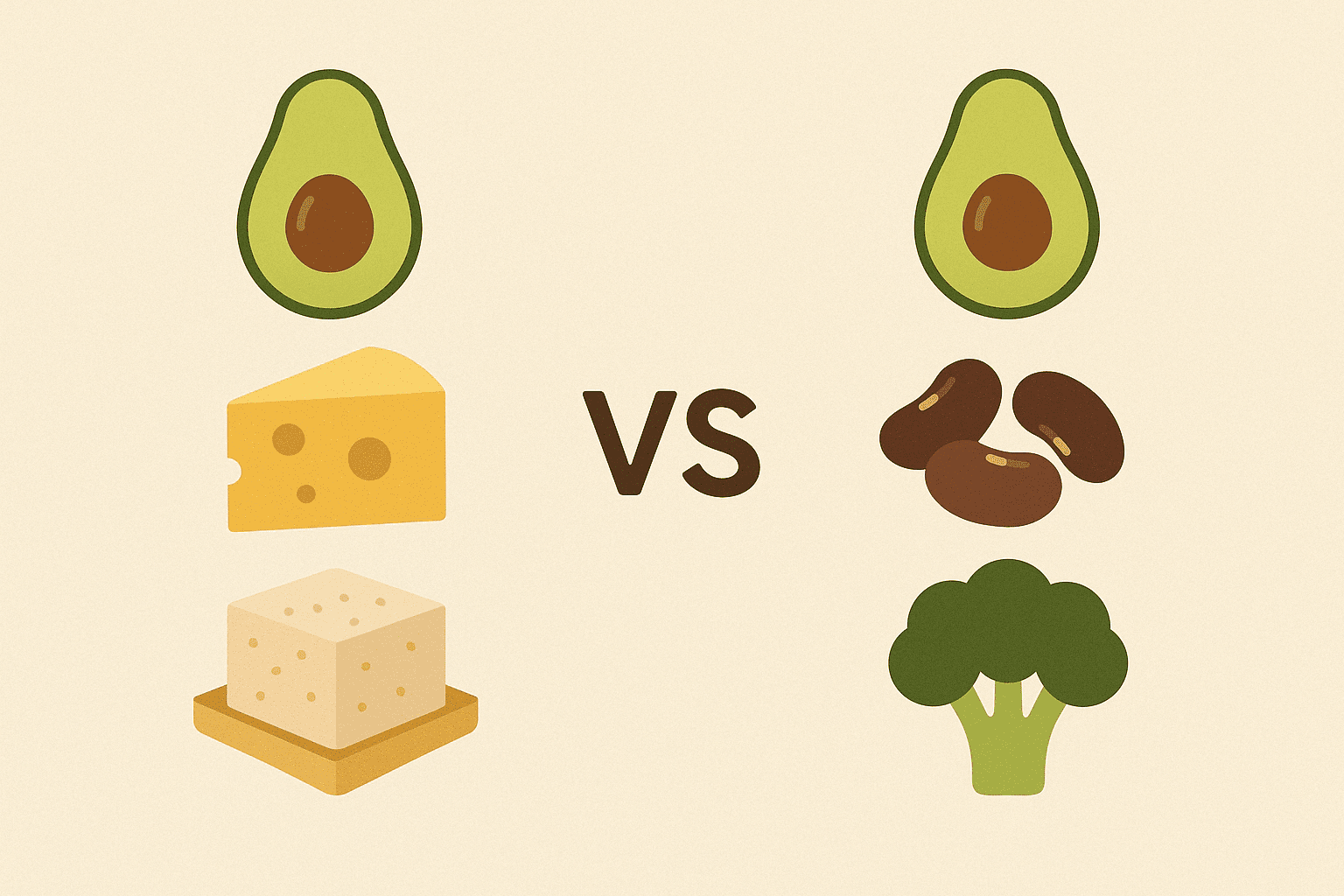
Committing to vegetarian meal prep goes beyond what’s on your plate—it reshapes your relationshipwith food, time, and wellness priorities. You begin to see food not as a chore, but as a daily ritual that supports mental clarity, environmental sustainability, and physical vitality. It promotes intentionality in shopping, cooking, and even eating, leading to improved mindfulness and self-regulation. Many people find that building structure around their diet spills into other areas, encouraging better sleep, exercise consistency, and stress management. The compound effect of consistent, healthy vegetarian meal prep can serve as a foundation for a more purposeful, balanced lifestyle overall.
In the end, easy vegetarian meal prep is a gateway to greater health, culinary joy, and personal empowerment. Whether your goal is weight loss, energy enhancement, environmental responsibility, or simply saving time, this approach meets you where you are and grows with you. Through balanced, flavorful, and budget-friendly meals, you create the foundation for a vibrant lifestyle that nourishes body and mind alike.
And so, as we reflect on the journey through healthy vegetarian meal prep, from nutrient synergy and budget hacks to dietary nuance and culinary inspiration, one truth remains clear: smart, intentional eating doesn’t need to be complicated. It just needs to be consistent, conscious, and crafted with care.
Was this article helpful? Don’t let it stop with you. Share it right now with someone who needs to see it—whether it’s a friend, a colleague, or your whole network. And if staying ahead on this topic matters to you, subscribe to this publication for the most up-to-date information. You’ll get the latest insights delivered straight to you—no searching, no missing out.
Further Reading:
15 Vegetarian Meal Prep Ideas That’ll Actually Keep You Full
84 Easy Vegetarian Recipes Ready in 30 Minutes or Less

